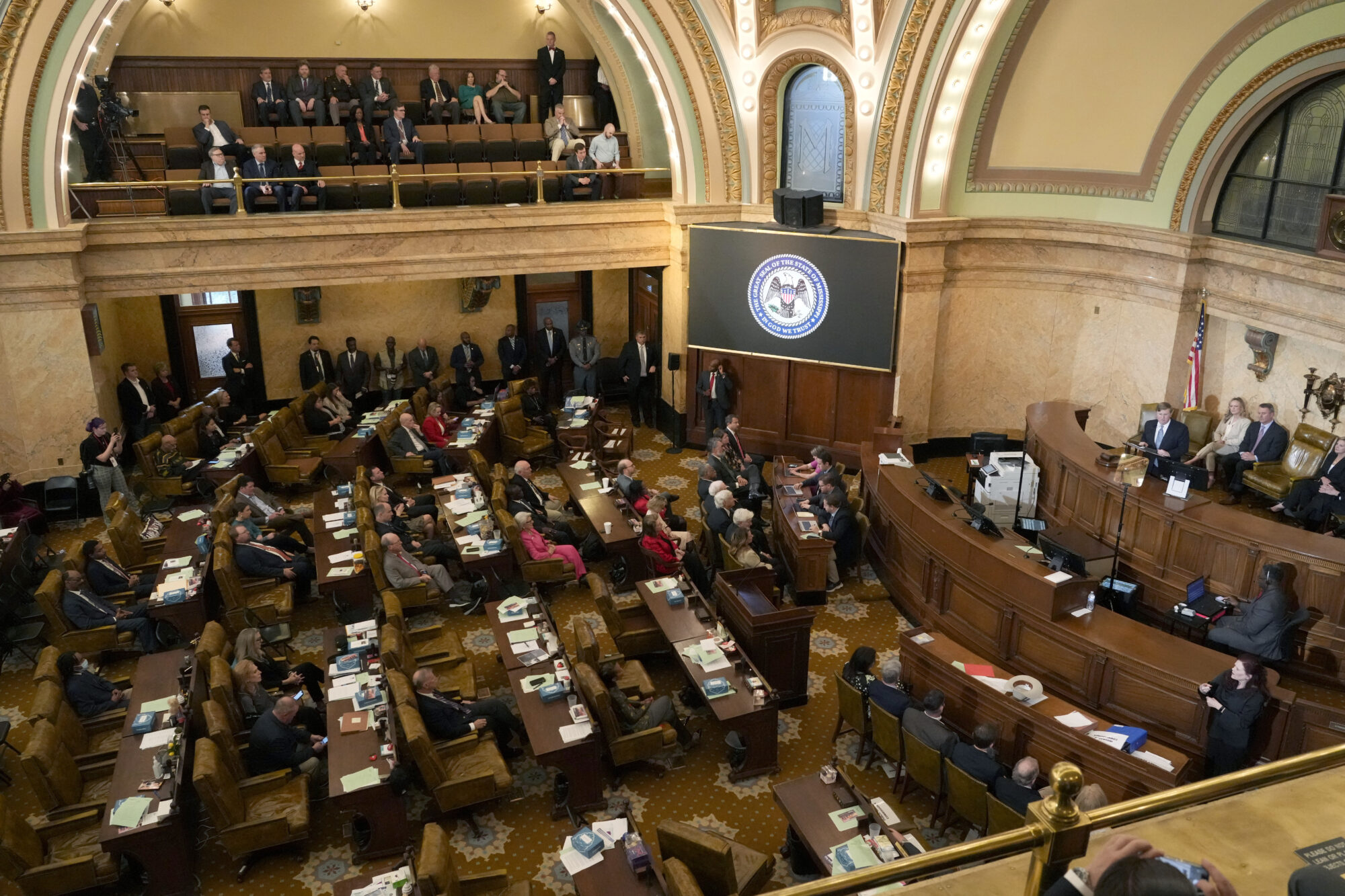
Authored by Senators Juan Barnett, Brice Wiggins, Robert Jackson (11th), Sampson Jackson (32nd), Daniel Sparks and Albert Butler, a bill to clarify the conditions of parole eligibility and provide limitation on inmates who could petition for parole from the sentencing court is moving through the Mississippi Senate. The bill is SB 2795.
Those who will not be considered for parole under this bill include habitual offenders, sex offenders, murderers, and traffickers.
A very similar bill was authored last year in SB 2123, and passed in the Legislature but was vetoed by Governor Tate Reeves. He also vetoed HB 658 which would revise the number of felony convictions eligible for expungement.
While the members did overturn some vetoes made in 2020, the Mississippi Correctional Safety Rehabilitation Act of 2020 was not one of them. It made similar parole provisions for non-violent offenders.
“The same goes for Senate Bill 2123 – well-intentioned but too far. For example, it says a criminal can get parole if they’re convicted of crimes that could get them the death penalty but they get sentenced to life imprisonment instead. Another example: Right now, you’re eligible to get out of prison at 60 unless you’re a trafficker, habitual offender, or violent criminal. This totally eliminates those protections. I got countless calls from law enforcement and prosecutors about the risk it creates,” wrote Reeves on Facebook after the veto. “Contrary to what some will say, this was not a conservative reform effort. While some of my friends and good people supported it, two-thirds of Republicans in the Senate voted against it. That says something to me.”
However, he did indicate in the same post that if lawmakers attempted another bill again, he would be open to listening. Reeves said he just did not think this was the right approach.
In speaking with Senator Wiggins, he said he has not heard the same concerns from leadership as were expressed in 2020. He added that since Mississippi passed the first criminal justice reform bill in 2015, numbers of non-violent offenders incarcerated have gone down.
Mississippi still stands in the top three most incarcerated states, a number many lawmakers are working to lower.
According to the new bill, all offenders must have served the minimum time for the crime they are convicted of committing in order to be eligible for parole. There are also specifications on when the person was sentenced and how that impacts eligibility depending on whether it is a non-violent or violent crime.
Offenders must show the Parole Board they were model inmates prior to their petition in order to be considered.
For geriatric inmates who seek parole if they are a non-violent offender, they must have reached 60 years of age and served at least 25% of their sentence. Progress reports on parole eligible inmates will be submitted every four months by MDOC to the parole board
The bill was referred to Corrections in the Senate.











